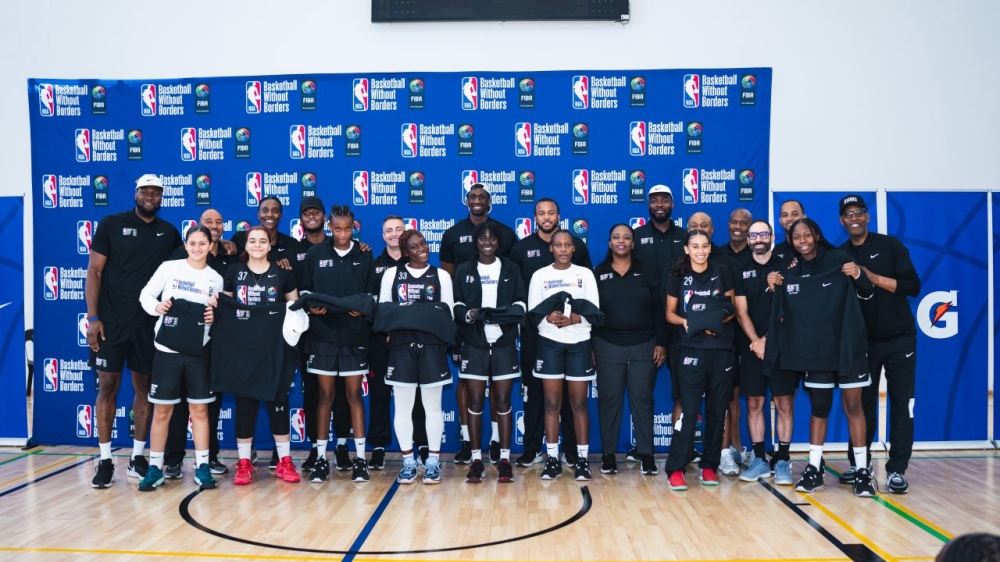Simba target first league win
National Rugby League (NRL) TodaySimba vs Lion de Fer 2:00pmGorillas vs Puma 4:30pm
Sunday, May 31, 2009

National Rugby League (NRL)
Today
Simba vs Lion de Fer 2:00pm
Gorillas vs Puma 4:30pm
SIMBA are eager to return to winning ways in the National Rugby League when they take on three-time champions Lion de Fer this afternoon at Rugunga.
The Kanombe based club lost their opening game against and the club coach Joseph Bugabo knows that a win today will revive the confidence in the team.
"We need a win to boost our confidence and I’m hoping we can get it today,” Bugabo told Times Sport.
In the other day’s league match, 2007 champions Gorillas host Puma at the same venue.
Reigning champions Buffaloes top the league table with 14 points, followed by Grizzlies and Sharks respectively.
Ends






